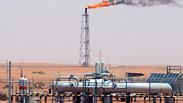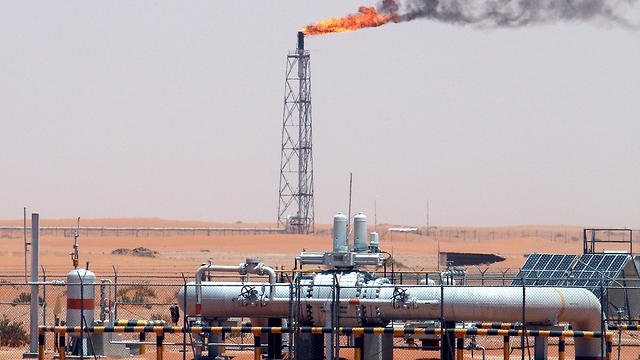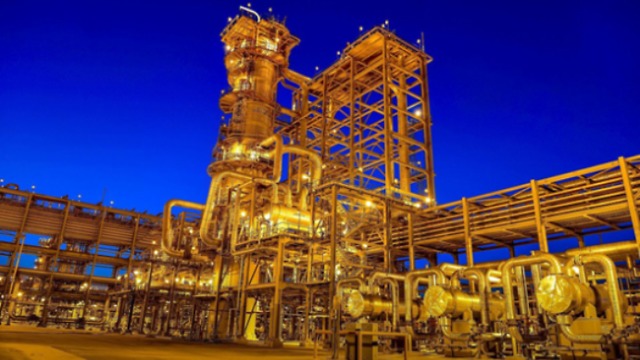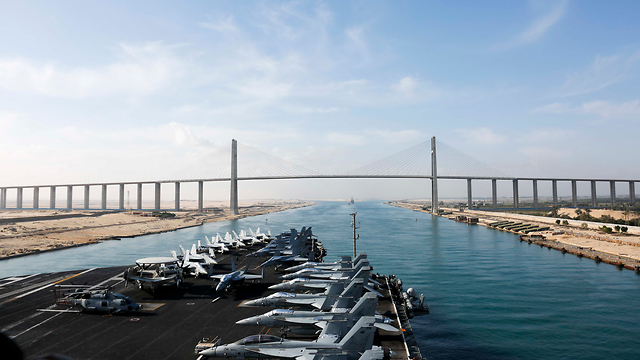
"The events that took place in the Emirates were Israeli mischief," Behrouz Nemati said, without providing any details on what role Israel may have played in the attacks.

Details of the alleged sabotage to two Saudi, one Norwegian and one Emirati oil tanker on Sunday remained unclear, and Gulf officials have declined to say who they suspected was responsible.
Saudi Arabia, however, said drones - most likely launched by Iran-backed Houthi rebels - were responsible for a separate attack on one of its oil pipelines as other assaults targeted energy infrastructure elsewhere in the kingdom on Tuesday, shortly after Yemen's rebels claimed a coordinated drone attack on the Sunni power.
In a statement carried on the state-run Saudi Press Agency, Energy Minister Khalid al-Falih said that drones attacked a petroleum pumping station supplying a pipeline running from its oil-rich Eastern Province to the Yanbu Port on the Red Sea.
A fire broke out and firefighters later brought it under control, though the state-run Saudi Aramco stopped pumping oil through the pipeline.
The kingdom's state security body also said that two oil infrastructure sites in the greater region of Riyadh, home to its landlocked capital, were targeted at the same time. The statement described it as a "limited targeting" of petroleum stations in areas al-Dudami and Afif in the Riyadh region, without elaborating.
The attacks demonstrated the raised risks for shippers in a region vital to global energy supplies as tensions are increasing between the US and Iran over its unraveling nuclear deal with world powers.
The US has warned sailors of the potential for attacks on commercial sea traffic, and regional allies of the United Arab Emirates condemned the alleged sabotage as the tankers were off the coast of the UAE port city of Fujairah.
A US official in Washington, without offering any evidence, told the AP that an American military team's initial assessment indicated Iran or Iranian allies used explosives to blow holes in the ships. The official, who was not authorized to discuss the investigation, agreed to reveal the findings only if not quoted by name. The US Navy's 5th Fleet, which patrols the Mideast and operates from a base in Fujairah, has repeatedly declined to comment.
The US already had warned ships that "Iran or its proxies" could be targeting maritime traffic in the region. America is deploying an aircraft carrier, USS Abraham Lincoln, and B-52 bombers to the Persian Gulf to counter alleged, still-unspecified threats from Tehran.
On Tuesday, Spain temporarily pulled one of its frigates that's part of a US-led combat fleet from near the Persian Gulf because of mounting US-Iran tensions. The Ministry of Defense said the ship, with 215 sailors on board, will not cross the Strait of Hormuz into the Gulf together with the USS Abraham Lincoln. The Spanish frigate was the only non-US vessel in the fleet.
Citing heightened tensions in the region, the United Nations called on "all concerned parties to exercise restraint for the sake of regional peace, including by ensuring maritime security" and freedom of navigation, UN deputy spokesman Farhan Haq said.
Tensions in the region have risen since Trump withdrew America from the 2015 nuclear deal between Iran and world powers, and restored US sanctions that have pushed Iran's economy into crisis. Last week, Iran warned it would begin enriching uranium at higher levels in 60 days if world powers failed to negotiate new terms for the deal.
The oil tankers were visible in satellite images provided Tuesday to the AP by Colorado-based Maxar Technologies. A boom surrounded the Emirati oil tanker A. Michel, indicating the possibility of an oil leak. The other three showed no visible major damage from above.


















